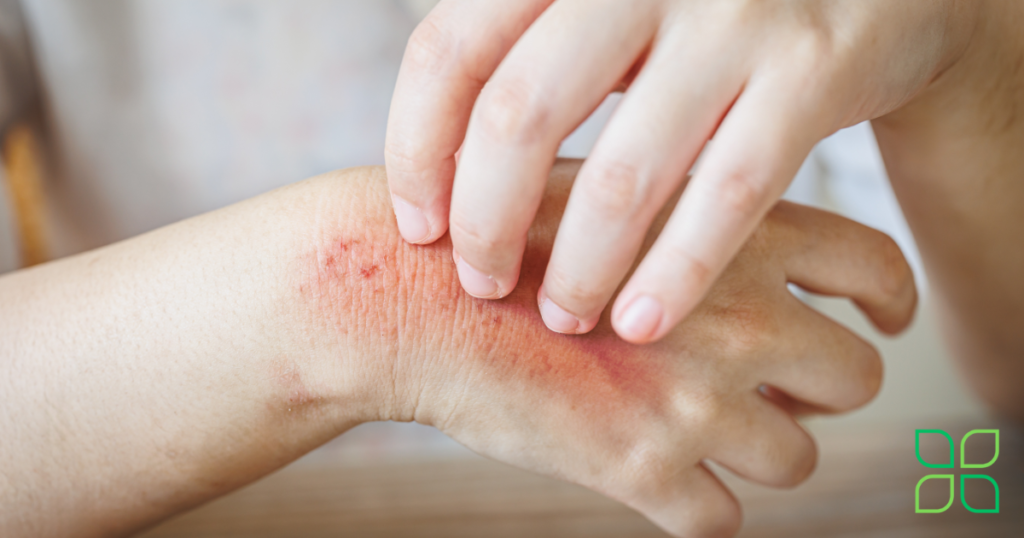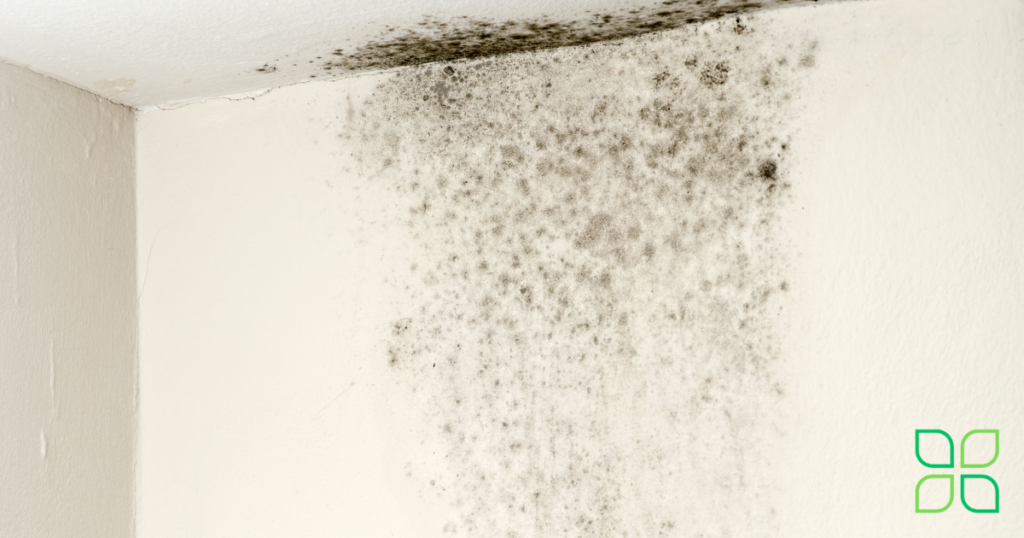Understanding Seasonal Allergies and Their Impact on Itchy Skin

Seasonal allergies, also known as hay fever or allergic rhinitis, are a common affliction that affects millions of people worldwide. These allergies can be a source of significant discomfort, especially when they lead to itchy skin. In this comprehensive guide, we will delve into the causes of seasonal allergies, how they impact your skin, and effective ways to manage and alleviate symptoms.
What Are Seasonal Allergies?
Seasonal allergies occur when the immune system overreacts to allergens in the environment, such as pollen, mold spores, and dust mites. These allergens are typically more prevalent during specific times of the year, leading to the term “seasonal” allergies. Common symptoms include sneezing, runny nose, congestion, and itchy eyes. However, many people also experience skin-related symptoms, such as itching, redness, and rashes.
The Link Between Seasonal Allergies and Itchy Skin
When your body encounters an allergen, it releases histamines, which are chemicals that cause inflammation and irritation. While histamines primarily affect the respiratory system, they can also impact the skin. This can lead to a condition known as allergic dermatitis, where the skin becomes inflamed, itchy, and red. In some cases, scratching the itchy areas can lead to further irritation and even infection.
Symptoms of Allergic Dermatitis

Allergic dermatitis can manifest in various ways, including:
- Red, inflamed skin
- Itching
- Swelling
- Dry or scaly patches
- Blisters
If you experience these symptoms during allergy season, it is likely that your skin is reacting to environmental allergens.
Common Allergens and Their Impact on Skin
Understanding the common allergens that trigger seasonal allergies can help you manage your symptoms more effectively. Here are some of the most prevalent allergens:
Pollen
Pollen is one of the most common triggers for seasonal allergies. Trees, grasses, and weeds release pollen into the air, especially during the spring and fall. When pollen comes into contact with your skin, it can cause itching and rashes.
Mold Spores
Mold spores are another common allergen, particularly in damp and humid environments. Mold can grow both indoors and outdoors, and its spores can cause skin irritation and allergic reactions.

Dust Mites
Dust mites are microscopic creatures that thrive in household dust. They are a common cause of indoor allergies and can lead to itchy skin and other allergic symptoms.
Managing Itchy Skin Caused by Seasonal Allergies
While seasonal allergies can be challenging to deal with, there are several strategies you can employ to manage and alleviate itchy skin:
Keep Your Skin Hydrated
Dry skin is more susceptible to irritation and itching. Use a high-quality moisturizer to keep your skin hydrated and create a protective barrier against allergens. Look for products that are fragrance-free and suitable for sensitive skin.
Avoid Scratching
Scratching itchy skin can worsen the irritation and lead to infection. Instead of scratching, try gently patting the itchy area or applying a cold compress to soothe the itch.
Take Antihistamines
Over-the-counter antihistamines can help reduce the histamine response in your body, alleviating both respiratory and skin-related allergy symptoms. Consult with your healthcare provider to determine the best antihistamine for your needs.

Use Anti-Itch Creams
Topical anti-itch creams, such as those containing hydrocortisone, can provide relief from itchy skin. These creams work by reducing inflammation and calming the skin.
Limit Exposure to Allergens
Minimizing your exposure to allergens is key to managing seasonal allergies. Here are some tips to help you reduce your exposure:
- Keep windows and doors closed during high pollen seasons.
- Use air purifiers with HEPA filters to remove allergens from the air.
- Shower and change clothes after spending time outdoors to remove pollen from your skin and hair.
- Clean your home regularly to reduce dust and mold spores.
Consider Allergy Testing
If you are unsure which allergens are causing your symptoms, consider getting an allergy test. This can help you identify specific triggers and develop a targeted plan to manage your allergies.
Natural Remedies for Itchy Skin
In addition to conventional treatments, there are several natural remedies that can help soothe itchy skin caused by seasonal allergies:
Aloe Vera
Aloe vera has anti-inflammatory properties that can help reduce skin irritation and itching. Apply pure aloe vera gel to the affected areas for relief.

Oatmeal Baths
Oatmeal is known for its soothing properties. Taking an oatmeal bath can help alleviate itchy skin and calm inflammation. Simply add a cup of colloidal oatmeal to your bathwater and soak for 15-20 minutes.
Honey
Honey has antibacterial and anti-inflammatory properties that can help soothe irritated skin. Apply a thin layer of honey to the affected area and leave it on for 20-30 minutes before rinsing off.
Chamomile Tea
Chamomile has anti-inflammatory and calming effects. Brew a strong cup of chamomile tea, let it cool, and apply it to the itchy areas using a clean cloth.
When to See a Doctor
While most cases of itchy skin caused by seasonal allergies can be managed at home, there are instances when you should seek medical attention:
- Your symptoms are severe or persistent.
- You develop signs of infection, such as redness, swelling, or pus.
- Over-the-counter treatments are not providing relief.
- Your symptoms are affecting your quality of life.
In these cases, a healthcare provider can help determine the best course of treatment and may prescribe stronger medications or recommend allergy shots.

Conclusion
Seasonal allergies can be a significant source of discomfort, particularly when they lead to itchy skin. By understanding the causes of your allergies and implementing effective management strategies, you can reduce your symptoms and improve your quality of life. Remember to keep your skin hydrated, avoid scratching, take antihistamines, and limit your exposure to allergens. Additionally, consider natural remedies and seek medical attention if your symptoms are severe or persistent. With the right approach, you can successfully manage itchy skin caused by seasonal allergies and enjoy a more comfortable allergy season.
